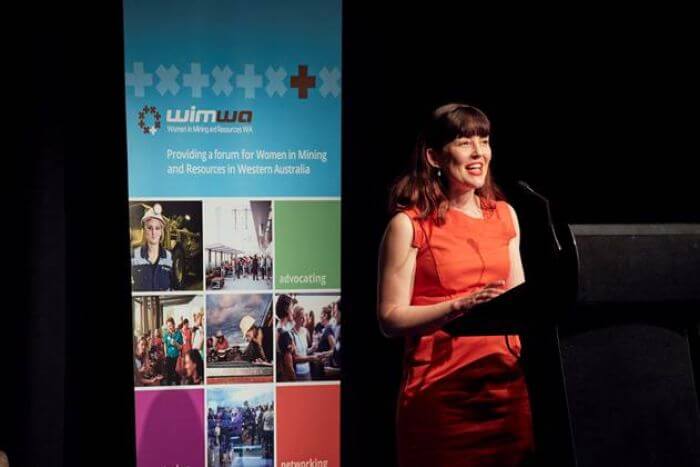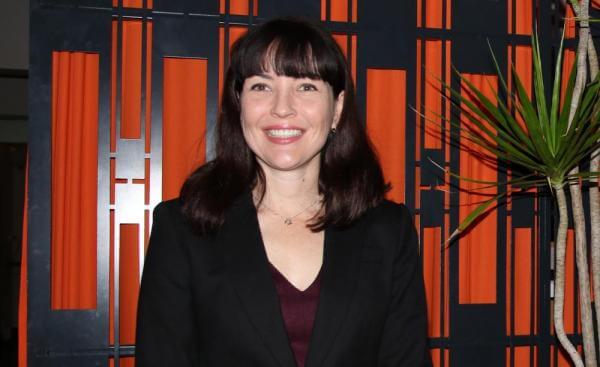Kalgoorlie engineer lip reads her way to diverse mining career
Jayne Finch, WASMA’s Kalgoorlie Branch’s treasurer, contracted meningococcal as a 21-year-old student and lost 80 per cent of her hearing overnight, but it has not stopped her smashing career goals in the mining industry.
Ms Finch was close to finishing her geology degree when she contracted meningococcal.
The rare but serious infection of the membrane around the brain and spinal cord resulted in her losing most of her hearing, and at the time there was no hearing aid on the market to assist her.
“I have severe high frequency deafness, so no matter how loud those frequencies get, I’ll never hear them,” Ms Finch said.
“So I had to learn to lip read to get around it and to finish uni and start my career.”
Ms Finch started working as a driller’s offsider and progressed quickly.
“I’m five foot two and about 55 kilos and I had to move manual drill bits to be a driller’s offsider,” she said.
“That was my foot in the door into the mining industry and it helped me get my first job as a geologist.”
Pink truck sets driver apart
Over the years Ms Finch has turned her hand to many different jobs in the industry.
“I worked on bomb crew, the voids team, I’ve driven a truck, which was really challenging,” she said.
“I’ve also worked as a planning engineer and most recently, I’ve started working underground.”
When Ms Finch worked as a truck driver, her boss at the time asked her to drive a pink truck.
“He said it was probably safe for everyone, because if the person in the pink truck wasn’t responding to the radio, everyone knew why,” Ms Finch said.
“That was really interesting. Knowing that I would have to be completely reliant on a two-way radio to be able to achieve the goal I’d set myself was one of the biggest challenges I’ve faced.”
Ms Finch researched technology that would assist her, sourced it from Sweden, and determined that a bluetooth streaming system would assist her in hearing the radio.
Challenges of climbing the career ladder
But Ms Finch has encountered many challenges during her career, and not just because of her hearing impairment.
Being a woman working in the mining industry, she has seen the role of women in the industry evolve.
“When I did my first vacation work 20 years ago, the only other female employee then was the cleaner,” she said.
“We’ve come really far, but we still have a really long way to go.”
Ms Finch said some of the change that needed to happen was in the way employees were chosen.
“I think there’s that quota debate waging, where people say if we have targets and KPIs around employing females that we’ll see change,” she said.
“But there’s so many females that I know that would never feel comfortable getting a job just to tick that box and meet the diversity target.
“I suppose for me, to move forward, I think we really need to challenge how we judge merit.”
Ms Finch said looking at the skillsets required for a particular job rather than the traditional pathway to reach that job could help to address gender imbalance in the workplace.
A fair go for hearing impaired
Ms Finch said it was important never to underestimate someone with a disability.
“I think the hardest thing for me and some of my [hearing impaired] friends is that you’re written off before you’re given a chance,” she said.
Ms Finch said until recently, she had tried to keep her hearing impairment a secret at work for as long possible, because it meant she was often labelled as disabled, but all along she knew she was equally capable and competent.
She said more workplaces should be open minded when hiring hearing impaired employees.
“I think they should give hearing impaired people a go. We find ways around things, we’re naturally flexible and we can tell you how we can make it work,” she said.


